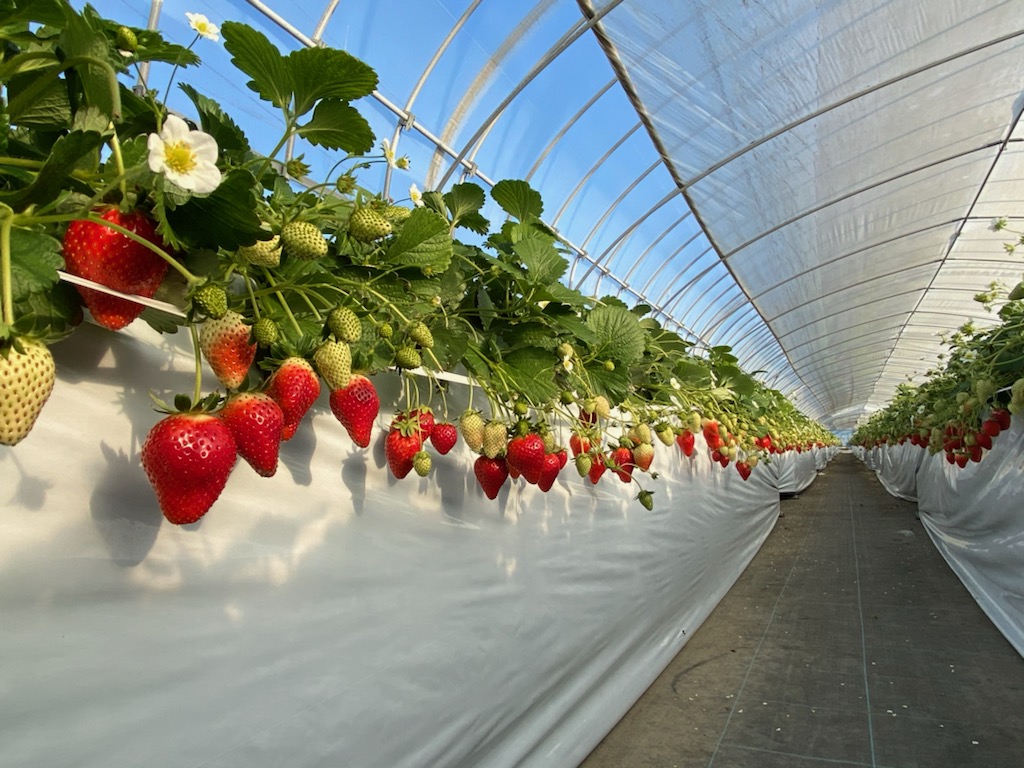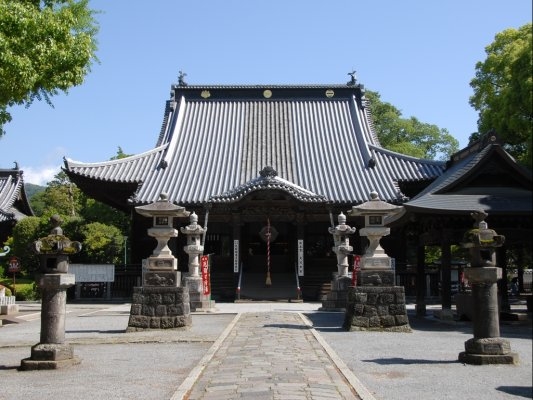Sano Agritourism Farm ‘Agritown’
See & Do Eat & Drink
We use cookies on this site to enhance your user experience. If you continue to browse, you accept the use of cookies on our site. See our cookis policy for more information.

History of Bannaji Temple
On the site of the present-day Bannaji Temple, a powerful samurai called Minamoto no Yoshiyasu, who was as famous as Taira no Kiyomori and Minamoto no Yoshitomo (the father of Minamoto no Yoritomo and Minamoto no Yoshitsune) built his castle at the end of Heian period. He is the first generation of Ashikaga family.
In 1196, Ashikaga Yoshikane, the son of Yoshiyasu, built a hall dedicated to Dainichi Nyorai, and the 3rd head of Ashikaga family, Ashikaga Yoshiuji, built a hall tower and other buildings. Since that, the Bannaji Temple bacame the clan temple of Ashikaga family. 150 years later, the 7th head of the family, Ashikaga Takauji, founded the Muromachi Shogunate, which gave the Ashikaga family the reign of Japan. Even in the Edo period, as the temple of the Ashikaga family, the direct descendant of the Minamoto clan, was revered and protected by the Tokugawa Shogun, who claimed to be a member of the Minamoto clan.
Became the National Treasure of Japan
In 1923, Bannaji Temple was designated as a National Historic Site as the “Ashikaga Family Residence”. The main hall, the bell tower, and the sutra hall were designated as National Important Cultural Properties. It was selected as the one of the 100 most famous castles in Japan. The 40,000-square-meter territory is laid out in a square shape, surrounded by a circular fortress and a moat, and retains the characteristics of the Kamakura period’s Buke Yashiki (samurai’s house).
Annual Events
On February 3, the temple hosts the Ashikaga Setsubun Armor Parade, in which more than 150 participants dressed as samurai and wearing armor parade to Bannaji Temple and then perform the bean-scattering ceremony.
In spring, you can enjoy cherry blossoms, and in fall, you can see the leaves of the city’s natural monument, the Ginkgo tree (about 600 years old), turn yellow, and the beauty of the tree is breathtaking.
| Address | 2220 Ietomi-cho, Ashikaga-city, Tochigi |
|---|---|
| Telephone Number | 0284-41-2627 |
| Website | http://www.city.ashikaga.tochigi.jp/site/ashikaga-kankou/i-bannaji.html |
| Business Hours | 9:00〜16:00 |
| Price | Free |
| Date | Free tourist guide service available at Ashikaga City Tourist Association (prior reservations required) |
| Map Code | 34 624 109*83 |
This area boasts evocative historical buildings and townscapes, such as the Ashikaga School, known for being the oldest school in Japan, and Kura no Machi, a district where buildings from the mid-19th century, a time when the area prospered as a commercial district, still stand. At Ashikaga Flower Park, you can see 350 blooming wisteria flowers, flowing downward from above, creating a world of enchantment.